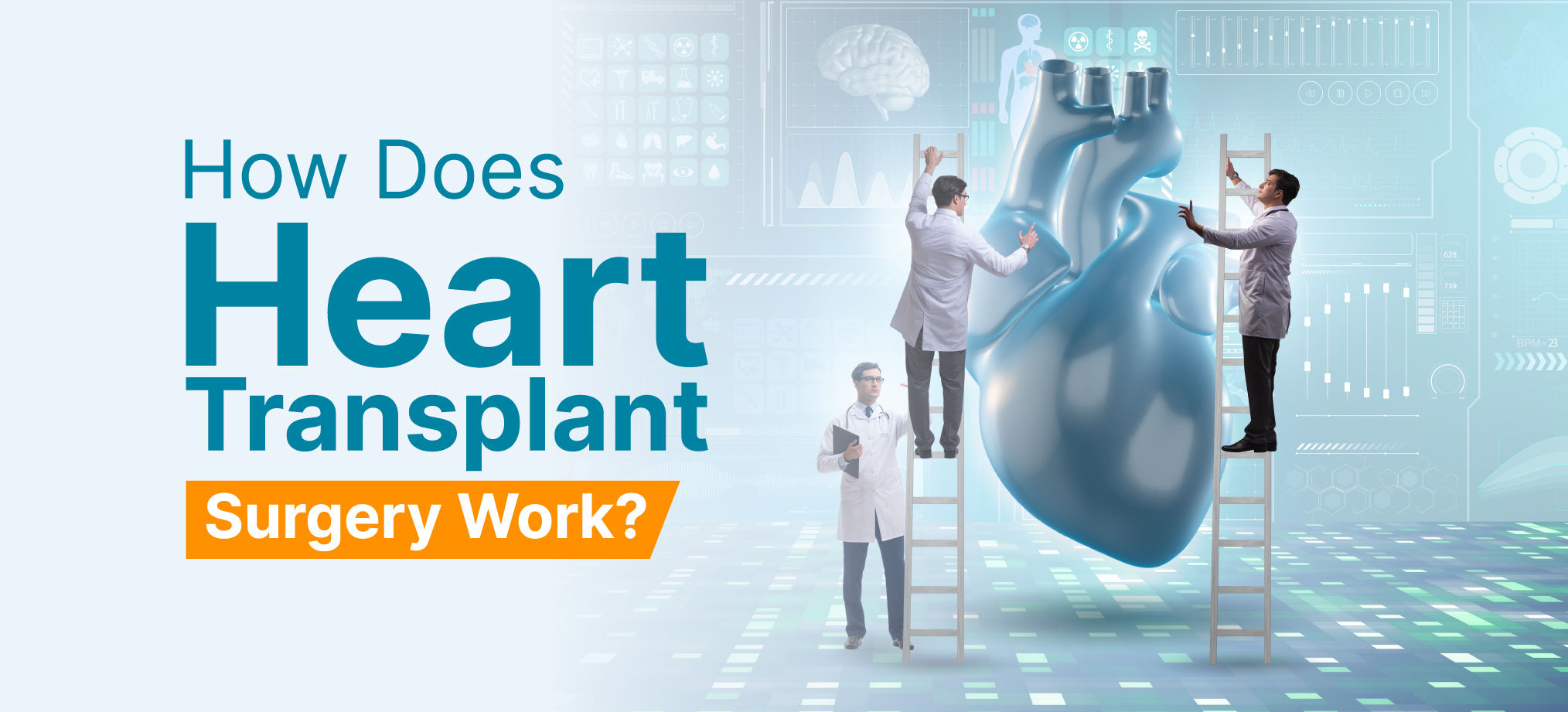Heart Conditions
Is Your Chest Feeling Tight And Heavy? These Could Be The Reasons
3 min read
By Apollo 24|7, Published on - 26 December 2022, Updated on - 07 August 2024
Share this article
0
0 like

Experiencing a tight, heavy feeling in the chest all of a sudden can be quite alarming. In such situations, thoughts of a heart attack or some other serious heart issue immediately spring to mind. Let us understand some of the common reasons behind this heaviness in your chest and know when to consult a doctor.
Common Causes of a Tight and Heavy Feeling in the Chest
Here are some of the most common causes of chest tightness.
1. Anxiety
Anxiety is a mental health condition that can lead to several physical symptoms like a tight or heavy feeling in the chest. This feeling can be quite intense and overwhelming in case of panic attacks, which are usually caused by anxiety. If an individual has never had a panic attack before, it could easily be mistaken as a symptom of a heart attack.
2. Muscle Strain
Another common cause of chest tightness is muscle strain. More specifically, it can be caused by straining of the intercostal muscles, which attach your ribs to each other. As per the latest statistics, 21%-49% of all musculoskeletal chest pain is a result of straining of the intercostal muscles. This kind of muscle strain is usually caused by intense physical activity like lifting or twisting.
3. Pneumonia
Pneumonia is another thing that can cause chest pain, which typically worsens when you breathe deeply or cough. Infecting one or both of the lungs, pneumonia is a serious complication of the common flu or other respiratory infections. In pneumonia, the small air sacs become inflamed and fill up with fluid or pus. Apart from chest tightness, pneumonia also causes cough, shortness of breath, fever and chills.
4. Gallstones
Gallstones are small solid structures that develop within your gallbladder, a small organ positioned under your liver. The gallbladder serves as the storage space for bile, a greenish-yellow fluid that aids digestion. Typically, gallstones form when the cholesterol levels in the bile are higher than usual. Gallstones usually may or may not have any symptoms, however, if they block the bile ducts, they may cause chest pain. Additionally, other symptoms of gallstones include right shoulder pain, back pain and vomiting or nausea.
5. Asthma
In asthma, the airways become narrow, swollen and inflamed. Heaviness or tightness in the chest is a common symptom of asthma. Asthmatics can experience tightness in their chest post-exposure to allergens or lung irritants. If you suffer from asthma, you need to manage your symptoms to prevent further complications.
In addition to the ones mentioned above, pulmonary embolism, coronary artery tear, collapsed lung, pleuritis, pericarditis, GERD, pulmonary hypertension and a rib fracture can also result in chest tightness. While the reason behind this problem may not always be serious, it’s highly advisable to see a doctor if you experience a tight or heavy feeling in your chest. This will help in the timely detection and treatment of an underlying issue, preventing it from getting worse. For more information,
Consult An Apollo Cardiologist
Medically reviewed by Dr Sonia Bhatt.
Heart Conditions
Consult Top Counseling Specialists
View AllLeave Comment
Recommended for you

Heart Conditions
Women May Suffer from Heart Diseases Even at a Lower Blood Pressure
A recent study concluded that women could be at higher risk of developing cardiovascular diseases at systolic blood pressure lower than 120 mm Hg.

Heart Conditions
Research Says Marijuana Use Can Damage Your Heart!
Many governments worldwide have legalised the use of marijuana for medicinal and recreational purposes. However, studies have found that using cannabis can have an adverse impact on your heart health. Read on to find out more about this drug's association with heart health.

Heart Conditions
How Does Heart Transplant Surgery Work?
Generally a heart transplant surgery is recommended for patients who are suffering from end-stage heart ailments such as heart failure. The transplant surgery works by replacing a diseased heart with a healthy one, which increases the patient's longevity.
Subscribe
Sign up for our free Health Library Daily Newsletter
Get doctor-approved health tips, news, and more.
Visual Stories

7 Tips to Manage Hypertension
Tap to continue exploring
Recommended for you

Heart Conditions
Women May Suffer from Heart Diseases Even at a Lower Blood Pressure
A recent study concluded that women could be at higher risk of developing cardiovascular diseases at systolic blood pressure lower than 120 mm Hg.

Heart Conditions
Research Says Marijuana Use Can Damage Your Heart!
Many governments worldwide have legalised the use of marijuana for medicinal and recreational purposes. However, studies have found that using cannabis can have an adverse impact on your heart health. Read on to find out more about this drug's association with heart health.

Heart Conditions
How Does Heart Transplant Surgery Work?
Generally a heart transplant surgery is recommended for patients who are suffering from end-stage heart ailments such as heart failure. The transplant surgery works by replacing a diseased heart with a healthy one, which increases the patient's longevity.



